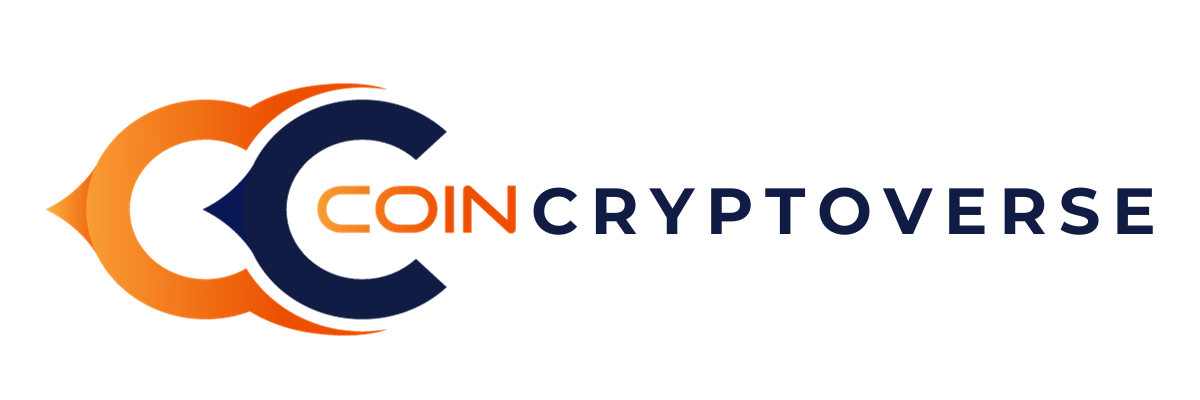Who is Paul Atkins and why is the U.S. SEC interested in him?
- Paul Atkins has emerged as a leading contender for the role of the U.S. Securities and Exchange Commission (SEC) Chair.
- Atkins was the SEC commissioner in 2002 until the end of his term in 2008.
- Atkins assumes the role, his pro-innovation stance could be the catalyst for a thriving crypto ecosystem in America.
Paul Atkins, who previously served as an SEC commissioner under President George W. Bush, has emerged as a leading contender for the U.S. Securities and Exchange Commission (SEC) Chair. All bets are on the next SEC and Commodity Futures Trading Commission (CFTC) chairman, who is expected to be announced today (28 November).
Atkins has been a leading advocate for digital assets and consistently supported reducing burdensome rules to encourage innovation and participation from the leading players.
Who is Paul Atkins?
Paul Atkins began his career as an attorney at a New York City law firm, before serving as a staff member for the first two SEC chairmen between 1990-1994, Richard C. Breeden and Arthur Levitt. Under Chairman Breeden, he helped improve corporate governance regulations, enhance shareholder communication, strengthen management accountability through proxy reforms, and lower the barriers for small and medium-sized enterprises to access capital markets. Under Chairman Levitt, he was responsible for organizing the SEC’s individual investor program, including the first investor town hall meetings and the SEC’s Consumer Affairs Advisory Committee.
Atkins became the SEC commissioner in 2002 until the end of his term in 2008. During the tenure he worked alongside Chairmen Harvey Pitt, William H. Donaldson, and Christopher Cox.
A Changing Regulatory Landscape
With U.S. President Donald Trump setting up a transition team for the next SEC and CFTC chairman, reports indicate Atkins’ interview along with other candidates, including SEC Commissioner Mark Uyeda, securities lawyer Teresa Goody Guillén, and Robert Stebbins, a partner at Willkie Farr & Gallagher LLP. This decision follows the announcement of current SEC Chair Gary Gensler’s January departure after a tenure marked by aggressive actions against crypto firms, especially after the FTX collapse.
Under Gensler, the SEC pursued rigorous enforcement, targeting high-profile crypto companies for alleged violations. Critics argue that this approach stifled innovation in the U.S. crypto sector, prompting calls for a regulatory overhaul.
Trump’s administration seems poised to address these concerns. By considering candidates like Paul Atkins, the administration signals its intention to create a more innovation-friendly regulatory framework.
Does Paul Atkins view align with Trump’s Pro-Crypto Vision?
Paul Atkins has always taken a pro crypto stand. This is where he could fit perfectly in Trump’s evolving stance on cryptocurrency. Atkins could usher in a new era for crypto regulation in the United States. If selected, we may see a more favourable regulatory environment that allows blockchain technology and cryptocurrencies to flourish while maintaining investor protection.
At the same time, fostering clarity and collaboration with international regulatory bodies could help position the U.S. as a leader in crypto innovation.
Conclusion
The future of U.S. cryptocurrency regulation hinges on the next SEC leadership. If Paul Atkins assumes the role, his pro-innovation stance could be the catalyst for a thriving crypto ecosystem in America. Trump’s strategic appointments and policy shifts signal a recognition of crypto’s potential as a transformative force in the global economy.

